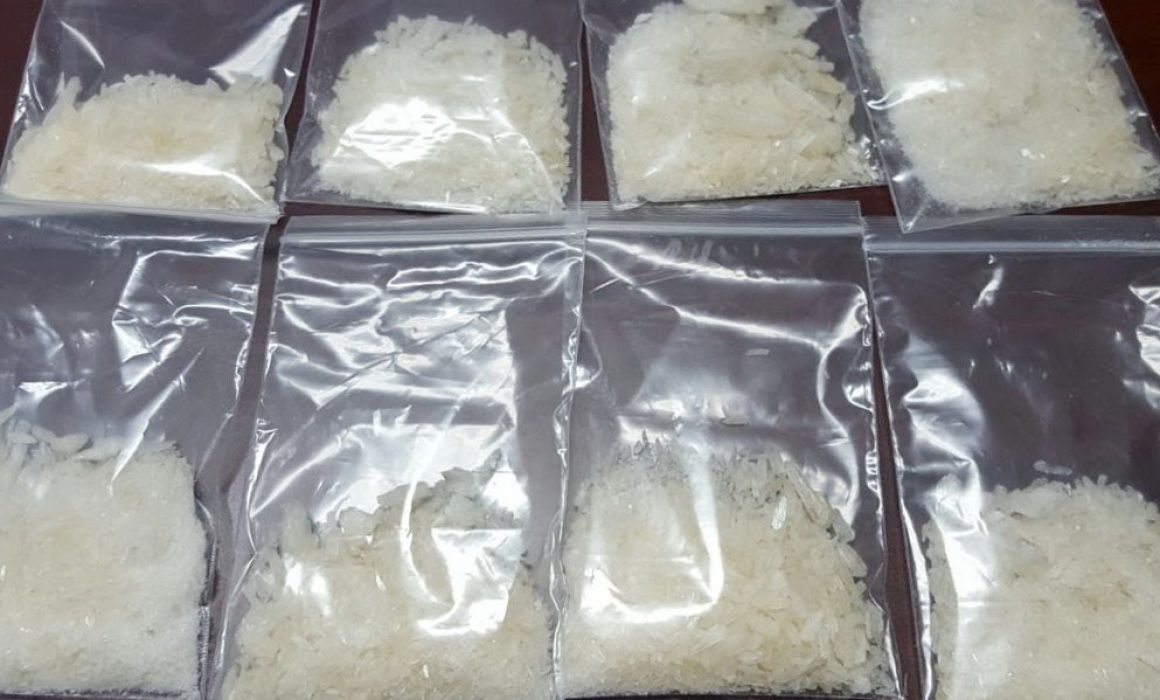
#Eme droga how to
Learn how to deal with your problems so you won't go back to using drugs.The counseling may be individual, family, and/or group therapy. Research shows that combining medicines with counseling gives most people the best chance of success. Treatments for drug addiction include counseling, medicines, or both. What are the treatments for drug addiction? Having problems in personal or family relationships.Quickly changing between feeling bad and feeling good.Being very energetic, talking fast, or saying things that don't make sense.Not taking care of themselves - for example, not taking showers, changing clothes, or brushing their teeth.Signs that someone has a drug problem include: What are the signs that someone has a drug problem? This increases your chances of becoming addicted when you're an adult. When kids use drugs, it affects how their bodies and brains finish growing. Hanging around other people who use drugs.You might use drugs to get your mind off these problems. Trouble in school, at work, or with making friends.If your home is an unhappy place or was when you were growing up, you might be more likely to have a drug problem. Also, people with these problems may use drugs to try to feel better. This can happen because drug use and mental health problems affect the same parts of the brain. People who have untreated mental health problems, such as depression, anxiety, or attention deficit/hyperactivity disorder (ADHD) are more likely to become addicted. Others hate how it feels and never try it again. Some people like the feeling the first time they try a drug and want more. Various risk factors can make you more likely to become addicted to drugs, including: They include genetic, environmental, and developmental factors. Whether or not someone becomes addicted depends on many factors. Some people may become addicted quickly, or it may happen over time.


Everyone's bodies and brains are different, so their reactions to drugs can also be different.

Not everyone who uses drugs becomes addicted. Does everyone who takes drugs become addicted? This means that people in recovery are at risk for taking drugs again, even after years of not taking them. The brain changes from addiction can be lasting, so drug addiction is considered a "relapsing" disease. Repeated drug use can change the brain and lead to addiction. It causes a person to take drugs repeatedly, despite the harm they cause. What is drug addiction?ĭrug addiction is a chronic brain disease. It can hurt the people around you, including friends, families, kids, and unborn babies. It can harm your brain and body, sometimes permanently. Misusing over-the-counter medicines, including using them for another purpose and using them in a different way than you are supposed toĭrug use is dangerous.Using the medicine for another purpose, such as getting high.For example, instead of swallowing your tablets, you might crush and then snort or inject them. Using the medicine in a different way than you are supposed to.Taking a larger dose than you are supposed to.Taking a medicine that was prescribed for someone else.This means taking the medicines in a different way than the health care provider prescribed. Misusing prescription medicines, including opioids.They include prescription medicines, over-the-counter medicines, alcohol, tobacco, and illegal drugs. Drugs are chemical substances that can change how your body and mind work.


 0 kommentar(er)
0 kommentar(er)
